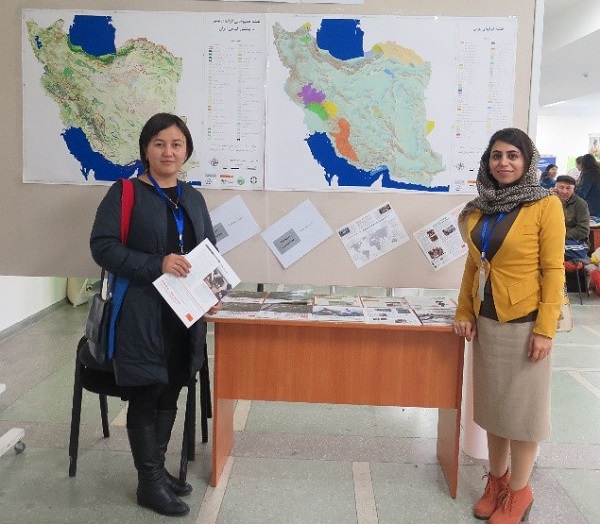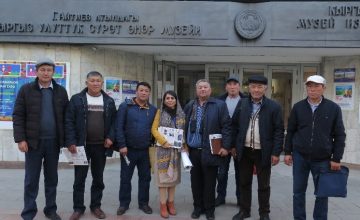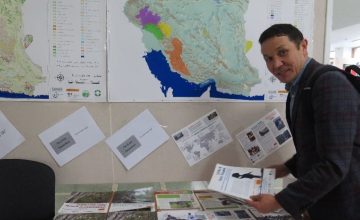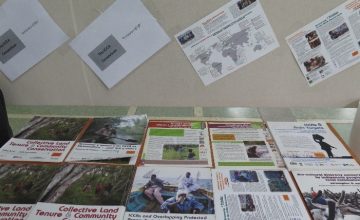First published on 10/26/2018, and last updated on 12/17/2018
By Ghanimat Azhdari, ICCA Consortium Council member with special responsibility for Central and West Asia
The fourth World Mountain Forum (WMF 2018) met in Bishkek, Kyrgyzstan on October 23-25, 2018. The meeting brought together approximately 300 participants to discuss the overall objective of advancing the sustainable mountain development (SMD) agenda. The thematic discussions addressed three overarching topics: (1) current trends and dynamics; (2) pathways towards a sustainable future for mountain areas; and (3) partnerships and alliances needed to advance the sustainable mountain development agenda. Participants created a conference outcome document, “A Call for Mountains”, and convened sessions to explore innovative partnerships, along with the “best practices” for enhancing and financing sustainable mountain development.
The Forum was structured around four core thematic issues:
- Climate Change Affecting Water and Energy in Mountain Areas
- Poverty, Food Systems and Agrobiodiversity
- Resilience and Transformation in Mountain Communities and Ecosystems
- Investing in Mountains – Securing the Future
These four themes were discussed in terms of three focal points: current trends and dynamics, pathways to sustainable transformation, and partnerships to sustain and support sustainable mountain development.
The ICCA Consortium and CENESTA, one of its founding Members, held a booth in the Forum, where they were able to underscore the importance of enhancing the territories and lands of indigenous peoples and local communities, including ICCAs -Territories of Life – to achieve Sustainable Mountain Developments Agenda and the conservation of healthy mountain ecosystems.
The Silk Roads Conference, subtitled «Anticipating Social and Environmental Impacts of China’s Belt & Road Initiative in the mountains of Central Asia», took place on October 26th. It was organized by the Mountain Societies Research Institute of the University of Central Asia and was attended by 40 experts from 13 countries.
The conference focus was on the current developments and the anticipated impacts of the China’s Belt & Road Initiative (BRI). The participants sought to strengthen strategic partnerships to study the challenges and opportunities of China’s BRI from a Central Asian perspective, including conserving biodiversity and the role of “protected areas”. The Mountain Societies Research Institute’s goal is to advance Sustainable Mountain Development for the benefit of local societies, taking into consideration both the social and the environmental aspects of these new regional dynamics.
The participants identified areas of special concern, such as areas known to be of important biodiversity value which overlap the BRI-related corridors and project areas. This led to the identification of critically needed strategic next steps to support the BRI “greening” process. Ghanimat Azhdari, Council member of ICCA Consortium, mentioned the potential threats posed by the BRI project, as well as the opportunities for ICCAs, Territories of Life, in West and Central Asia and the Caucuses.




